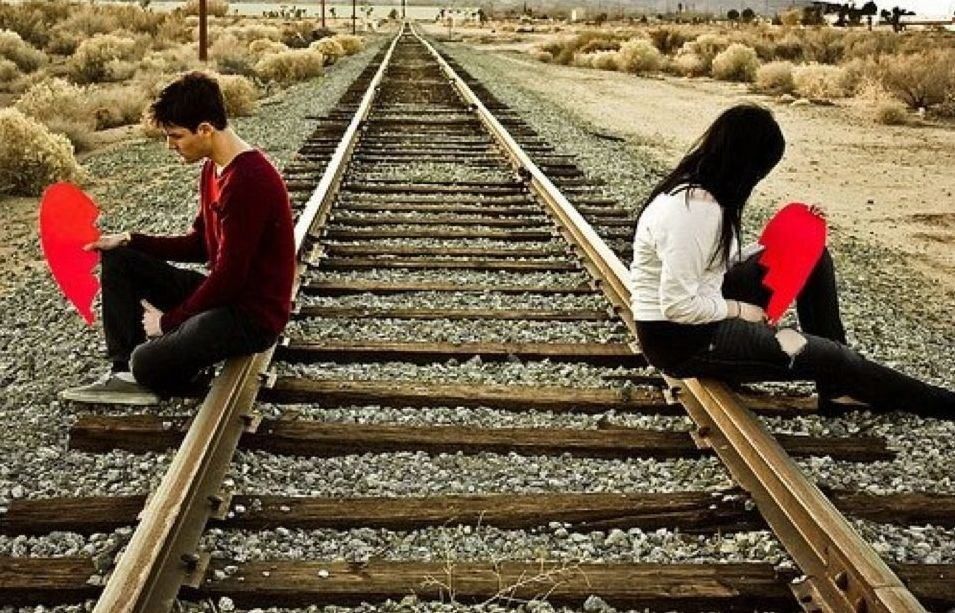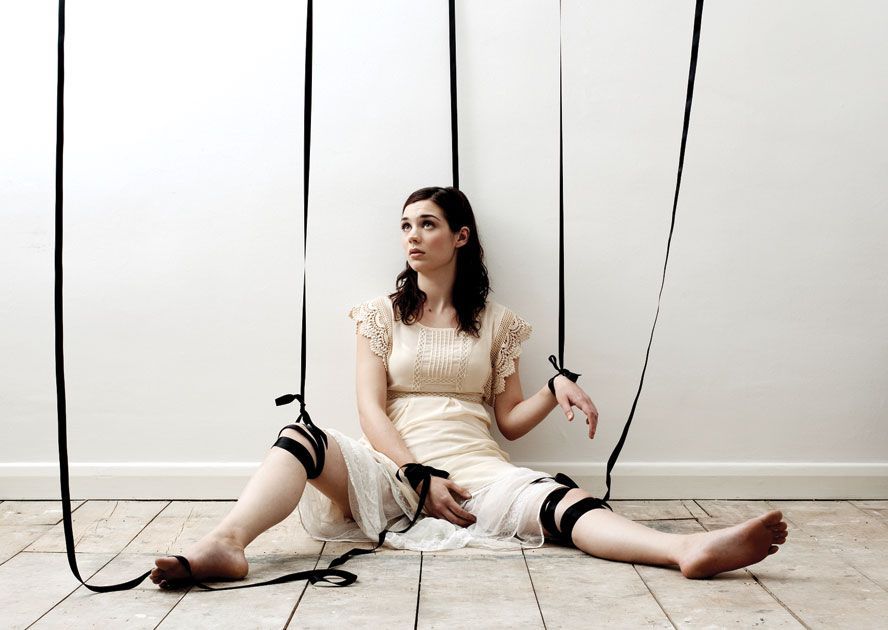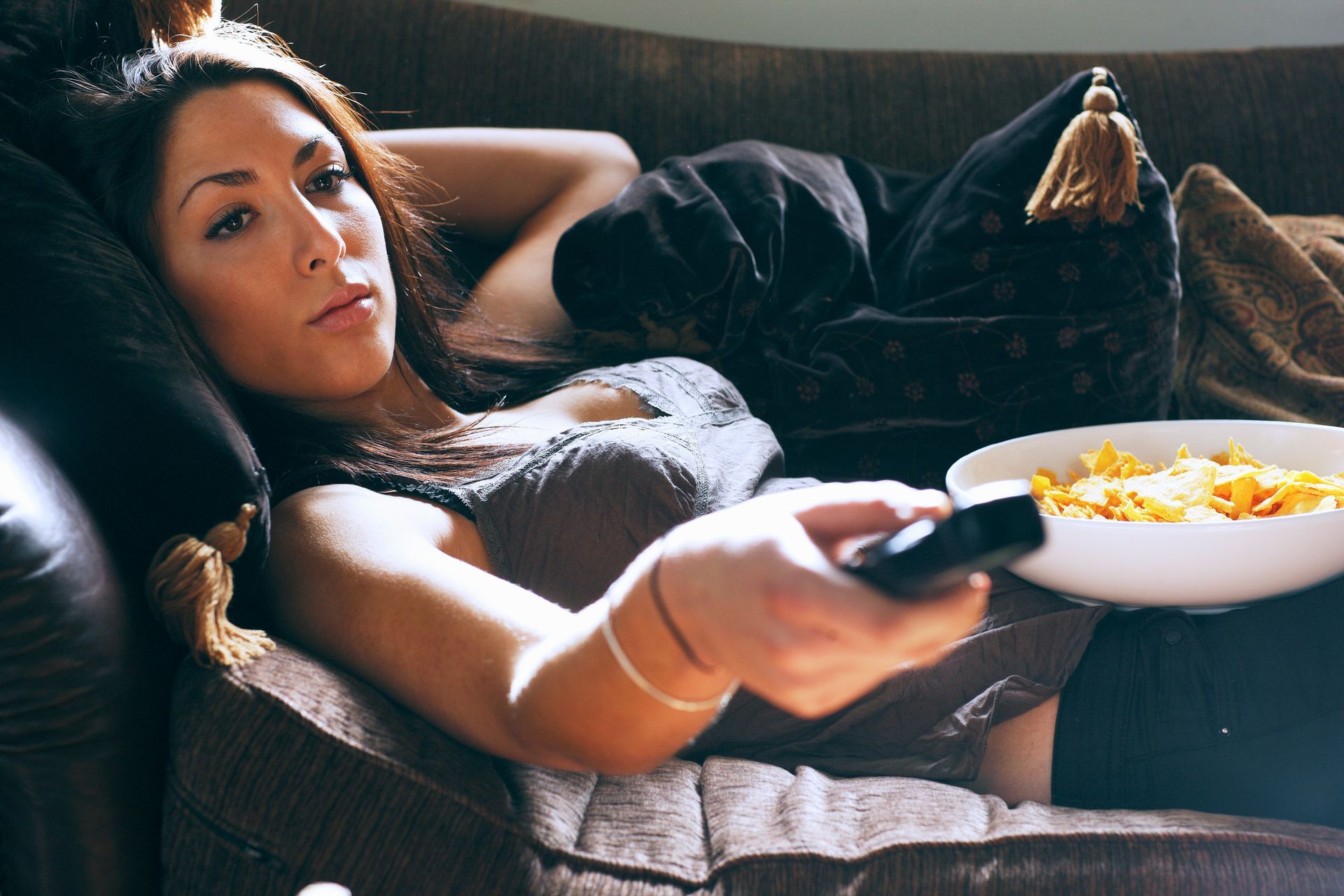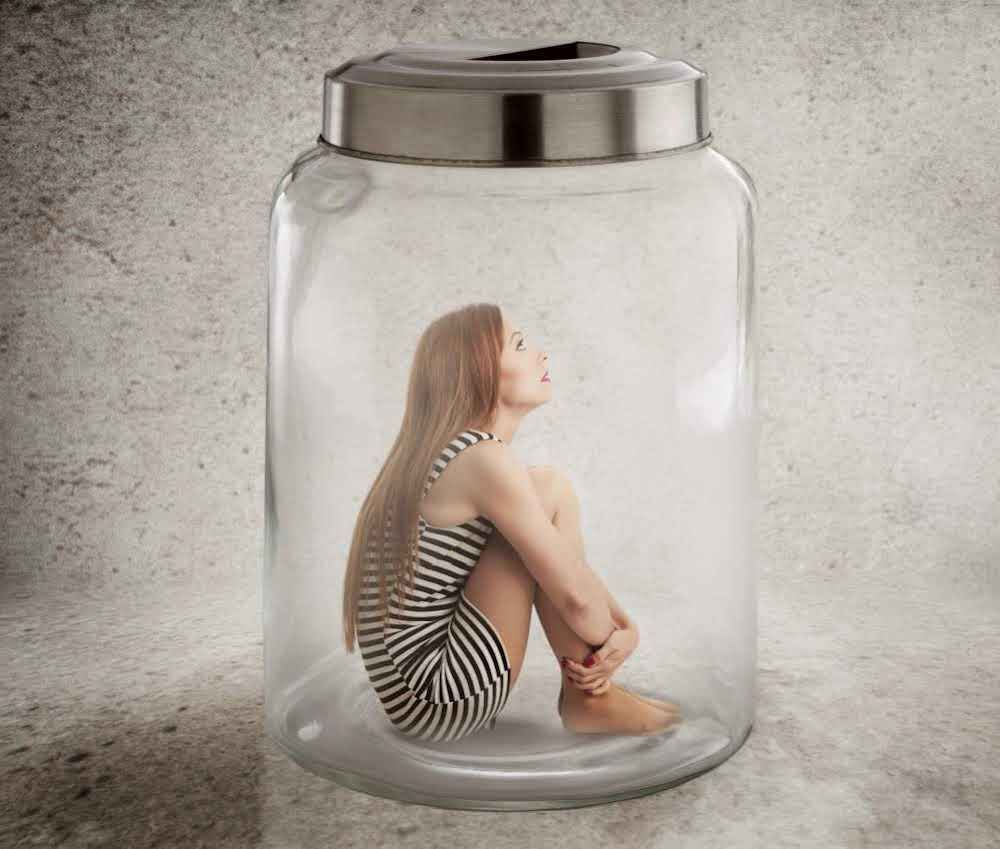Why do we keep hurting the ones we love?
Why do we keep hurting the ones we love?

You would think as intelligent human beings we would be kindest, and most tolerant and understanding of those in life that we love the most. Whether that’s our spouse or partner, a child or parent. We love them, and we don’t want to lose them. But sometimes we treat them horridly. Often, we are much more respectful and patient with our friends, work colleagues or even random strangers than we are with our loved ones. Why?
There can be several reasons for us hurting the ones we love, but let’s talk about IDEALISATION.
Our Investment
During our time on this earth, our friends and acquaintances are only with us intermittently. Our partners and family members on the other hand are (hopefully) with us for life. We therefore have so much more at stake in our closer relationships. Our life is wrapped up in our loved ones and our identities are intertwined. We feel our closer relationships need to be perfect because we have invested so much in them. We’ve invested everything into this person. This is our life!
Short Changed
It’s understandable then that our friends don’t have the ability to cause as much damage to our life as our loved ones do. So ironically, it’s only after we’ve invested a lot of time and emotion in another person, that we start to become openly irritated and intolerant of them. If things aren’t going perfectly, we become that hurtful monster because we feel we’ve been let down, we’ve been short changed on our life investment. And so we keep hurting them …
Our Not So Perfect Partner
Loved ones have to play many roles in our life. For instance, our partner may be playing the part of our best friend, our secret holder, travel buddy, nurse, entertainment organiser, chauffeur, our financial adviser, co parent, lover, domestic god/goddess, etc. Of course, our partners can’t be perfect at every one of these roles, but we have an idealistic expectation that they will be. We might find ourselves being overwhelmingly frustrated if our partner leaves dishes in the sink, the toilet seat up, or forgets to kiss us goodbye. Obviously, we wouldn’t get into an argument with a friend over these omissions. If we treated our friend harshly, they’d just stop being our friend. But when it’s our partner, we can quickly get angry and voice our dissatisfaction - sometimes quite hurtfully.
The reason we react so strongly? - This is the person we have committed to spending our one and only life on this planet with. We become anxious that this lack of perfection means we have not chosen wisely in the partner stakes. We start to think we are not going to have the ideal life we expected and deserve. Sadly, we can focus on the shortfalls of the other person and our negativity about the relationship grows and grows. We can start to think that our partner has ruined our life!
Fundamentally, we have idealized our partner. We think so highly of them, that any small sign that is not in line with this idealized image, fills us with anxiety as we fear we’ve made a mistake!
Making repairs
When we start to feel the mean monster rising, we should try to remember that we HAVE NOT chosen a life partner who is incompetent and flawed. DO NOT blame them for not being perfect, not being able to make the bed the way you like, not being on time every time, for not liking the Netflix channel you do. Your partner is doing the best they can, like everyone else in the world. But your partner is not perfect, just as you are not. And remember always how hard YOU sometimes are to be with, how demanding YOU can be, and how less than perfect YOU are. Let’s face it – YOU’RE not always easy to be around! If you think YOU are perfect, you are most probably ….. sadly mistaken.
Why else might we keep hurting the ones we love?
Of course idealization may not be behind every situation. Here are some other reasons:
1. The Trust and Safety Paradox says that when we’ve developed considerable trust in our relationship, we feel safe to speak our mind without censorship. Love allows us to share our true selves, our inner most emotions, and show who we really are to those that we sincerely love. We reveal things to our partners and loved ones that we would never fully share with others for fear of judgement. We trust that we don’t need to hold back with our words or actions, and that we will still be accepted. Paradoxically, this love makes us feel safe enough …. to sometimes be horrible in what we say!
2. Displacement occurs when we project our feelings relating to one situation, onto those closest to us. For example, when we come home from work after a bad day and yell at our partner or the kids, displacing our frustrations about the day onto our undeserving loved ones.
3. Self-sabotaging happens if we feel we’re not worthy of love. We might start to thinking it's better to end the relationship ourselves before our partner decides they don't want us.
4. Control issues may cause us to intentionally hurt others as a means of regaining our sense of power within the relationship. If we’re feeling our partner is making all the decisions, or we are not being heard, we may be hurtful in an attempt to reinstate the normal balance of power.
5. Reciprocation is sometimes behind hurt. If our partner has hurt us, we might attempt to hurt them to get even.
6. Attachment styles (developed in childhood) can cause us to try to recreate the relationships we witnessed and experienced when we were young. Most children heavily influenced by parental role modelling. If our parents were hurtful to each other, we may be perpetuating this.
7. Independence may be a need we can’t shake. This can cause us to put a wall up as we try to maintain emotional distance. We can push our partner away by being hurtful if we fear the relationship is getting too close.
8. Boundary testing is another cause. We can do this to try to get clarity on how solid the structure of the relationship is and how safe we are within it. (It’s the emotional equivalent of farting in bed.)
Hope
Yes, sometimes we do hurt the ones we love, those that are closest to us. But positive relationships can be achieved if we become more conscious and mindful about why we’re doing it. If we take a closer look at the reasons behind our behaviour, thoughts and feelings, we can develop more effective ways of meeting our needs, ways that don’t jeopardize our relationship and inflict pain on those we love. The first step is awareness, we can then find ways to minimize the hurt and protect the people we love most in life.
Please visit Relationship Issues for more information about how counselling can help.










